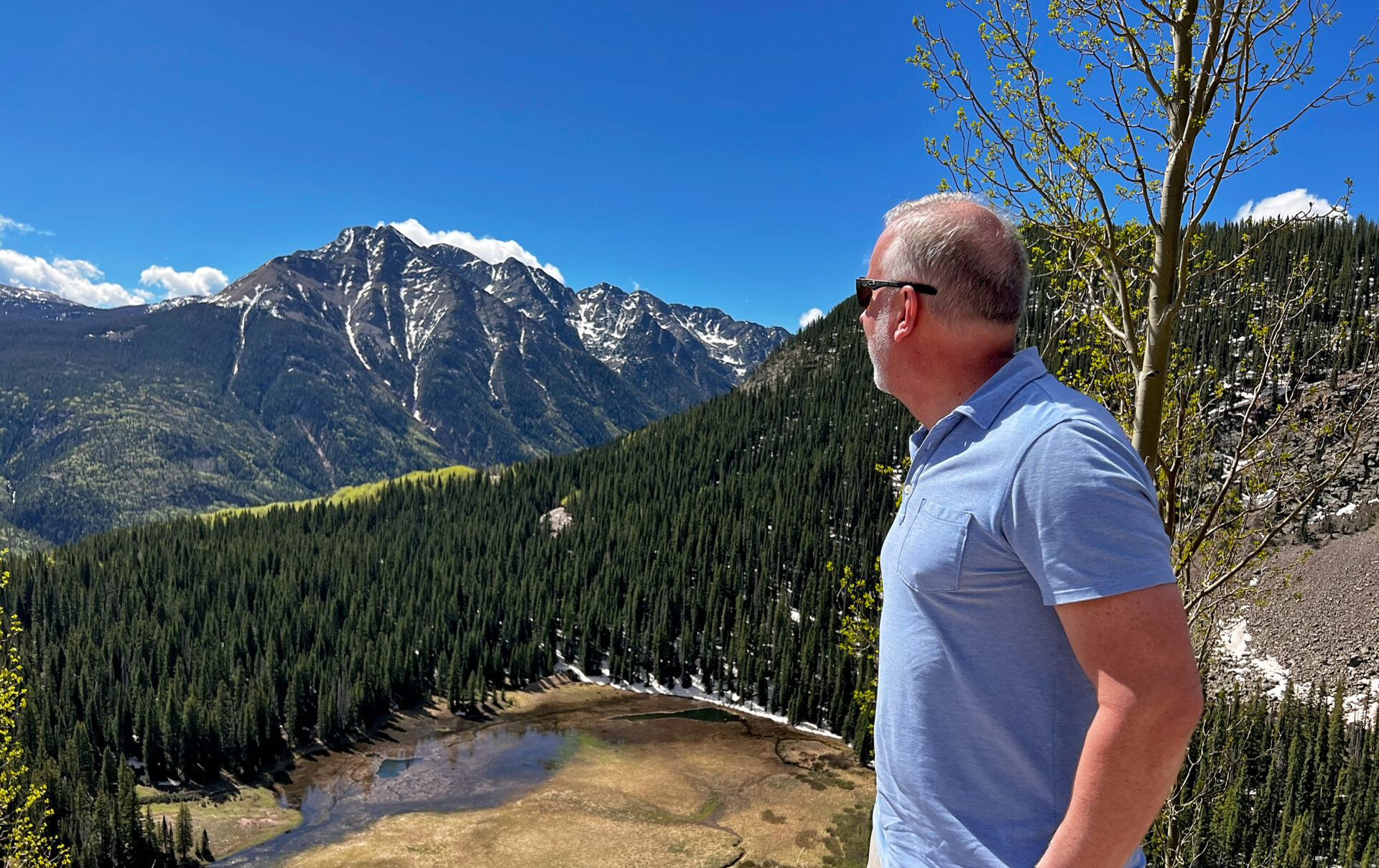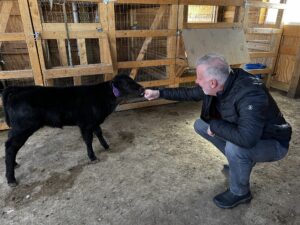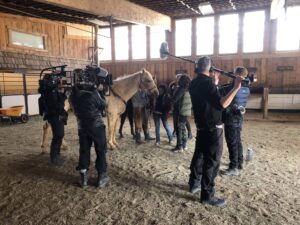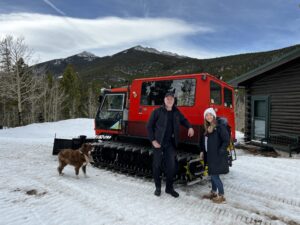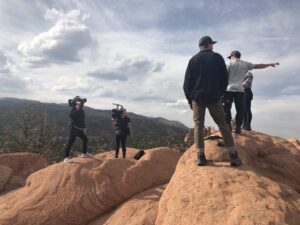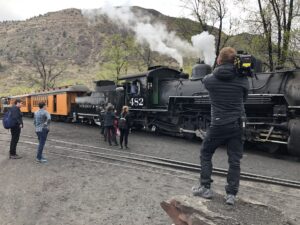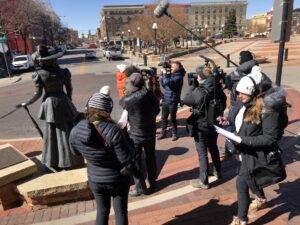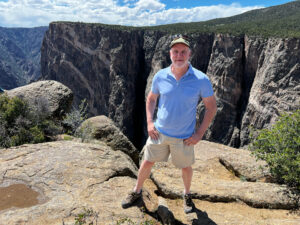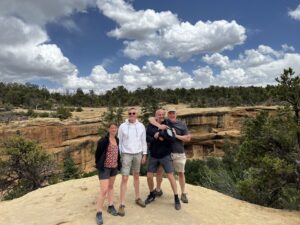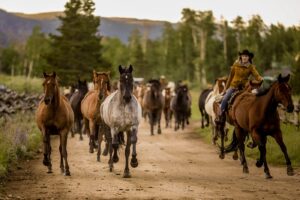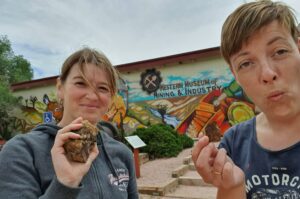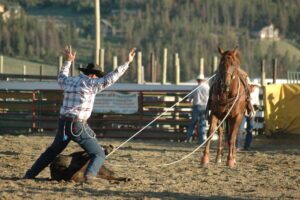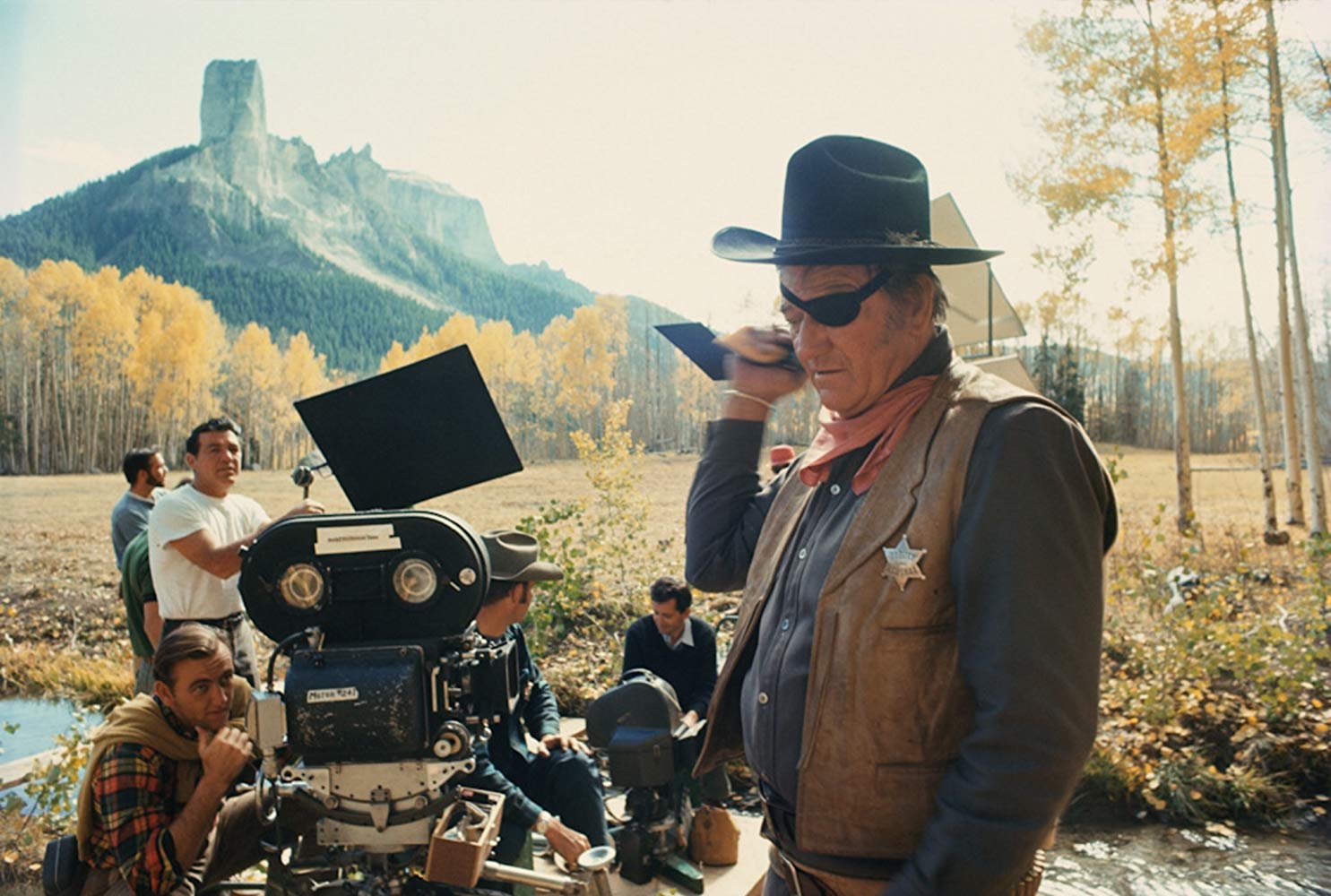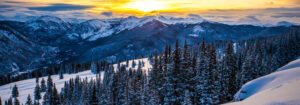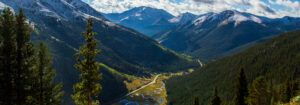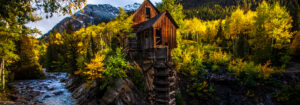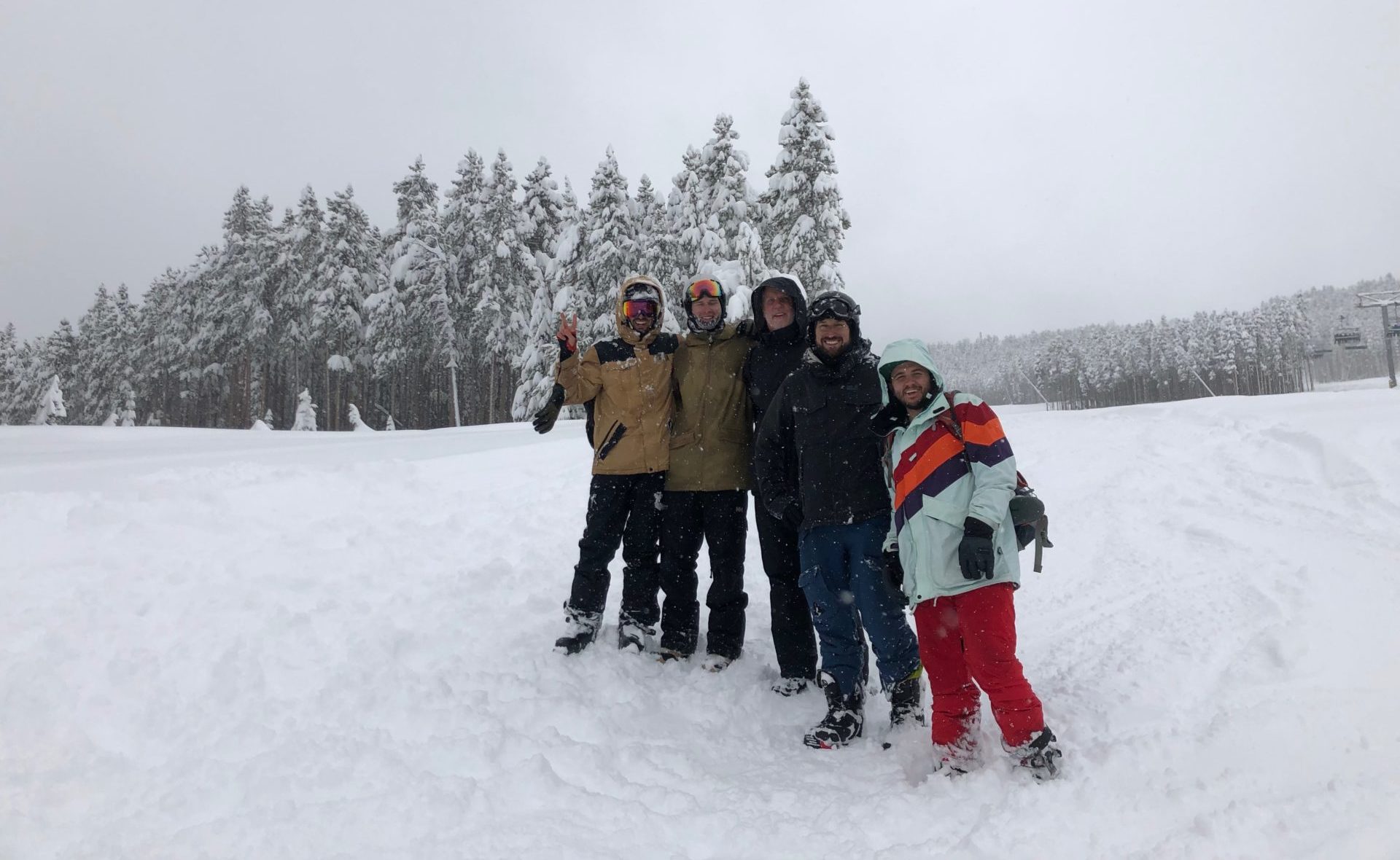Few careers seem more suited to variety than that of a Fixer – the local person responsible for bringing all the elements together for a television series, documentary, commercial, music video or photo shoot. They help productions save both time and money by allowing them to hit the ground running and not worry about logistical issues.
The job requires a deep knowledge of locations, strong organizational skills and an extensive database of crews, equipment rental houses and vendors. For those that love working behind-the-scenes on a new production, it is an ideal job. But the work is demanding as a Fixer is always looking for the problem to solve. Nor is it a guaranteed ticket to landing work. Many Fixers need years of experience in many production roles to have the depth of knowledge necessary to be successful.
“I don’t see creative briefs and scripts anymore. I see jigsaw puzzles. You see the whole production through the eyes of ‘what do I need to shoot here’, not just ‘that’s a cool concept,” said Kent Youngblood, Fixer and Owner of Denver-based Movie Mogul Productions. “The weirdest thing about the job is how detail-oriented you become. I’m constantly thinking about the hundred different pieces I need to find solutions for. It can drive my wife crazy.”
Every Day is a Challenge
In the first six months of 2022, Youngblood worked on two large documentaries for European networks, each with their special challenges. For the BBC – Studio Ramsay coproduction Trailblazers, he had to provide over 30 different locations and activities, crew recommendations and transportation options for a three-week shoot. With a crew of 40, there were a lot of moving pieces. The shoot schedule was aggressive and each day was a company move to a new location. From a dusty bar in Cheyenne, Wyoming to the summit of Pikes Peak, it was a project of epic proportions. Work on the documentary series started in January and continued until the shoot concluded in April.
A month after completing Trailblazers, he was off on another huge documentary, this one for France 3 television called Pack Your Rucksack. Although the journey through Colorado was similar, this project had a much smaller crew and needed additional support for a French-speaking crew. One major challenge was working with national parks across Colorado. Due to staffing shortages and limits to what can (and cannot) be done on park land, getting answers was difficult and required persistence. In the end, having the production designated as “Low-Impact Filming” was critical to success.
By the end of June, Youngblood had travelled over 3,000 miles throughout Colorado and consumed “at least 100 Starbucks orders and way too many fast food drive-ins. It was an epic six months of travel. I wouldn’t trade the experience for anything.”
Questions and Problem Solving
Every production has its unique requirements and it is the Fixer’s job to come up with solutions to those demands. Years of experience and intimate local knowledge help a Fixer anticipate most production needs but that doesn’t mean there aren’t surprises. Requests can range from the challenging:
Can we get 250 pounds of camera equipment up to the top of the Great Sand Dunes National Park? Yes… with sledges, plenty of time and lots of manpower.
To the absurd:
Can we summit Long’s Peak in March with a crew of 20 people? No… with a crew unaccustomed to an altitude of 14,259 feet, deep snow drifts and freezing temperatures, it’s a safety hazard.
Even then, production companies will still try to attempt the impossible. The Long’s Peak climb was only canceled after five mountain climbing companies confirmed Youngblood’s concerns.
The Thrill of Accomplishment
The feeling of working on an intricate puzzle and clinching it with the final piece is gratifying. “I’ll walk into something and go, ‘This is it’,” said Youngblood. “Everything together: the locations, the crew, the equipment, the travel arrangements… and all under budget. It’s a thrill and a relief.”
Above all, one of the best parts of being a Fixer is how every project is different. “In one month I worked on a network documentary, a music video for a major label, a Vogue fashion shoot and an immersive experience for Netflix,” Youngblood said. “The variety is hard to beat. And the people you meet along the way are awesome.”
For further reading:
If you’re looking for a Fixer now or in the future, reach out to Movie Mogul at their Contact page.

